Minerals
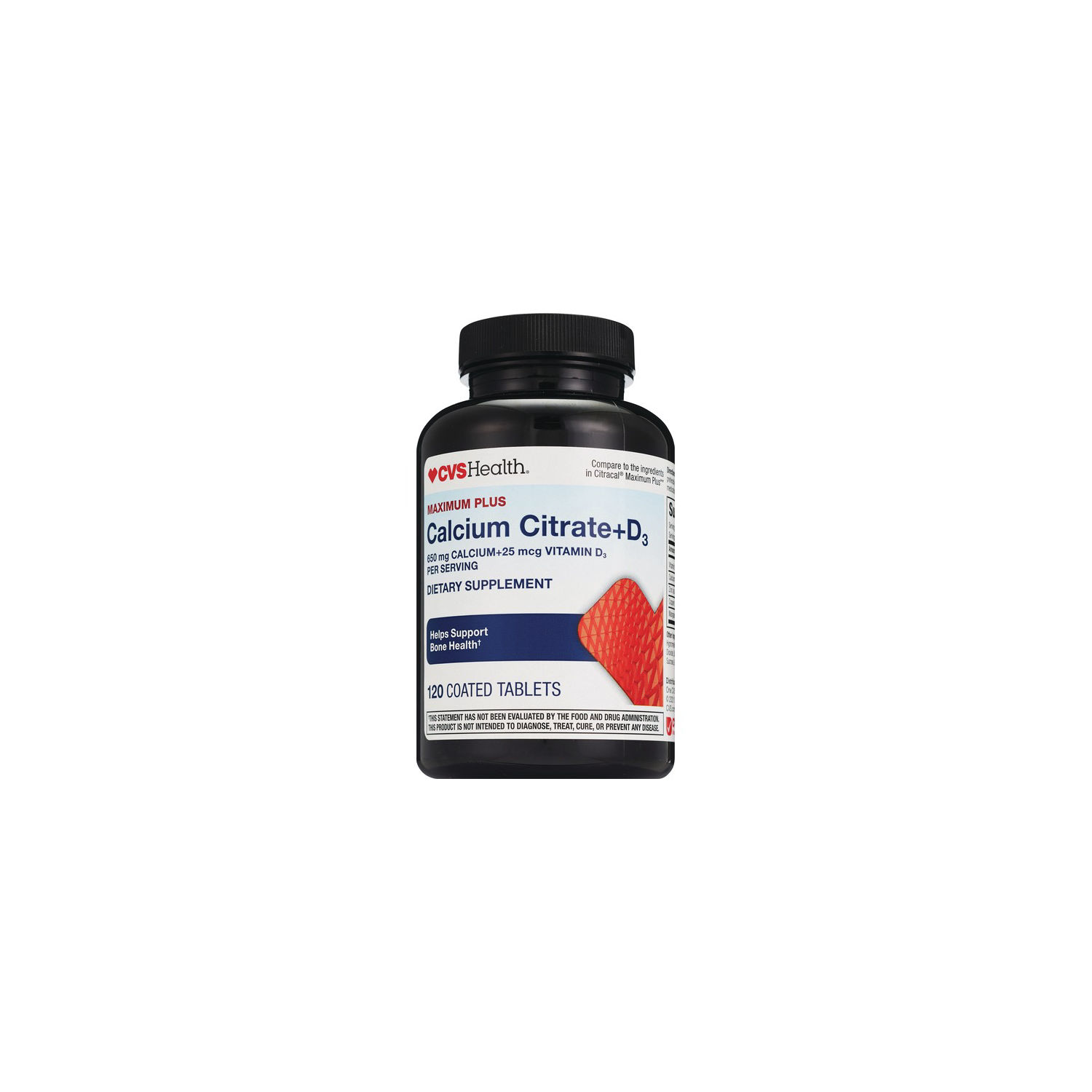)

)
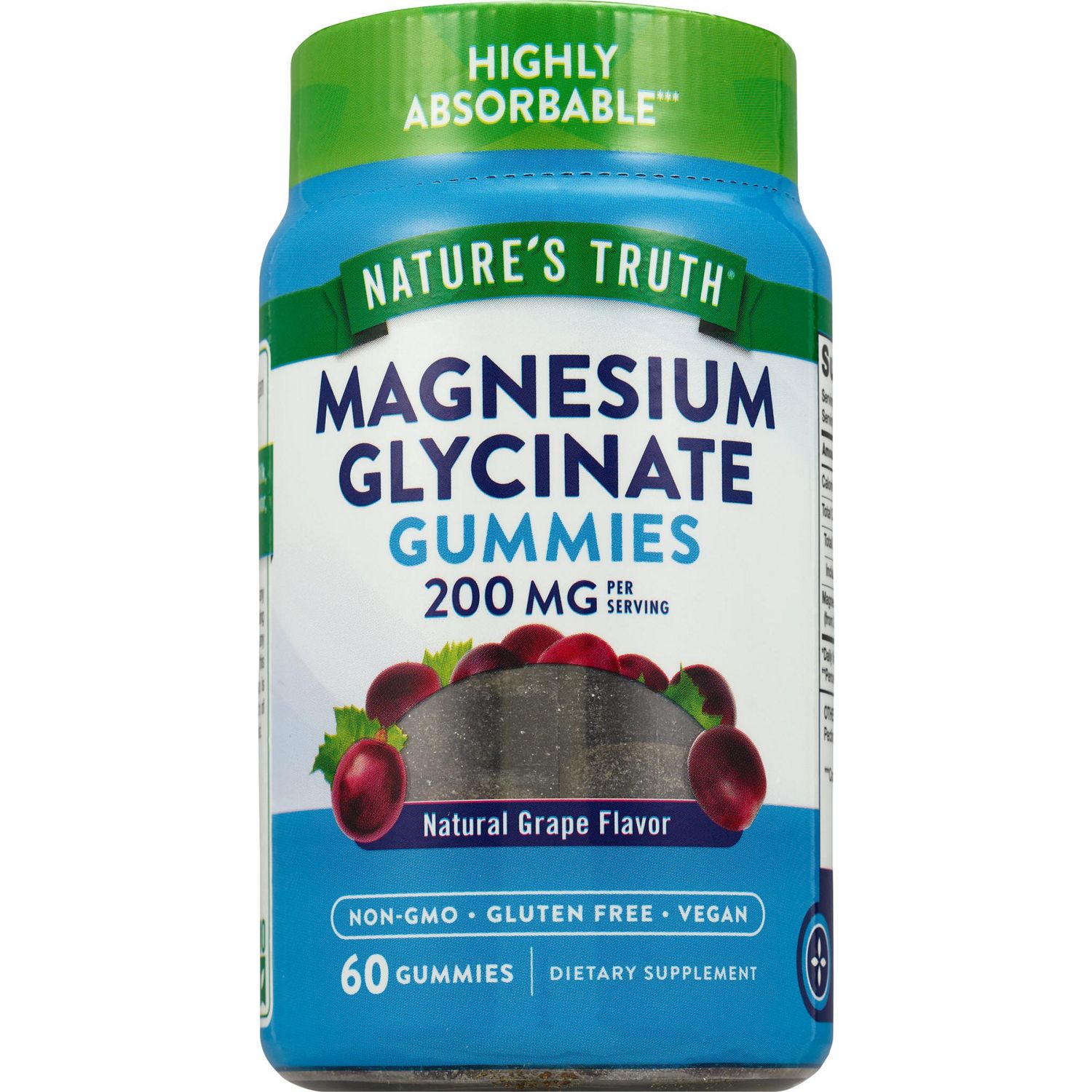)

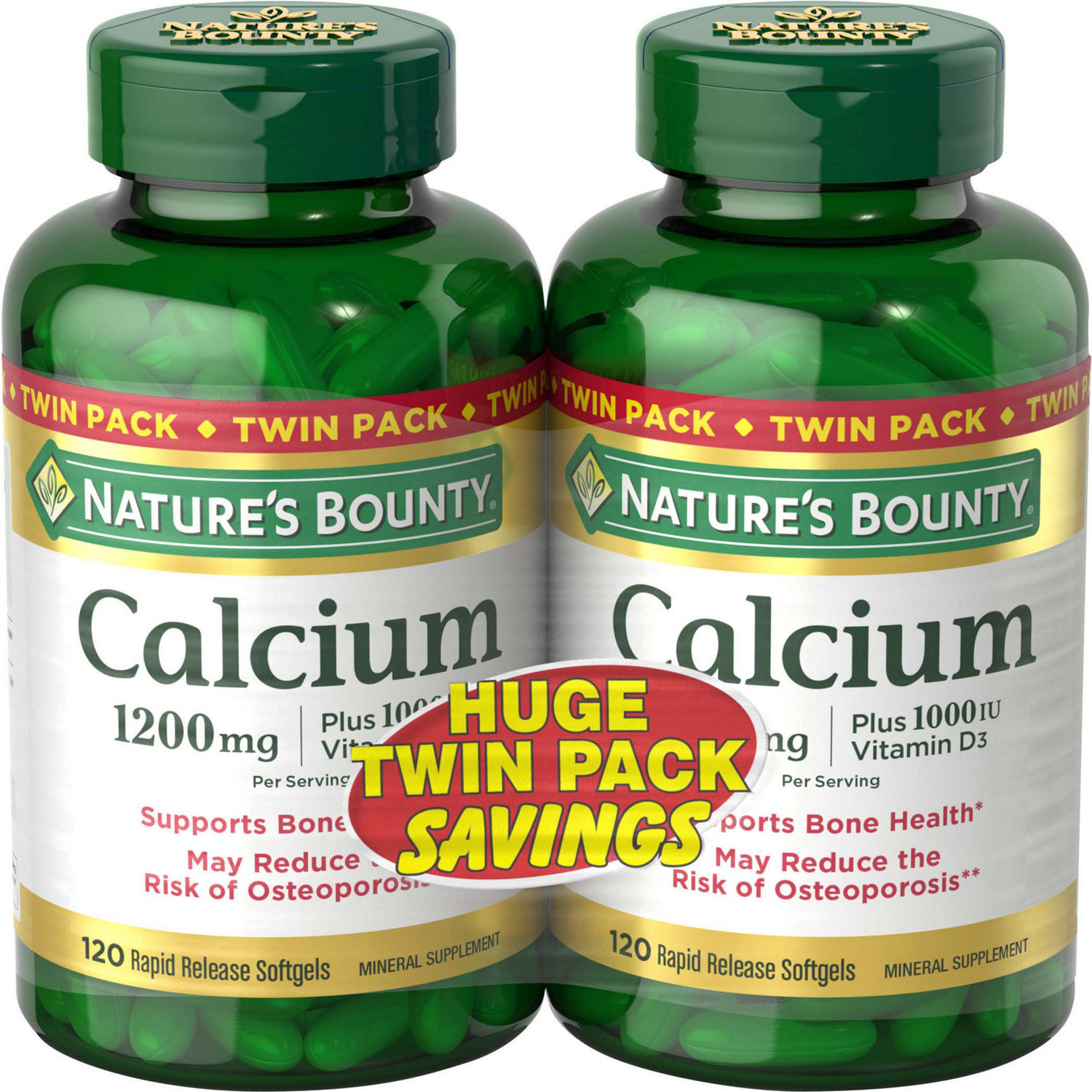)

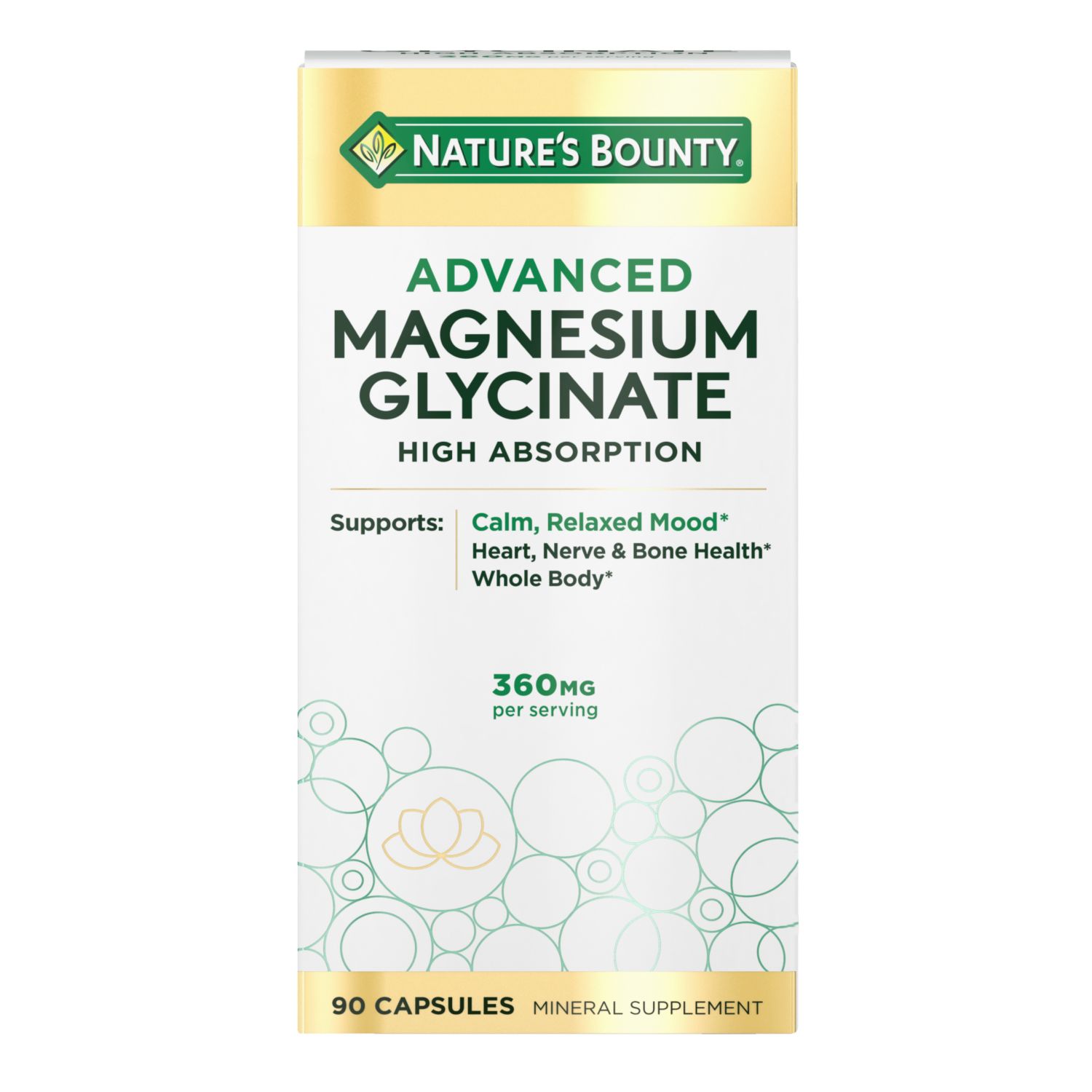)

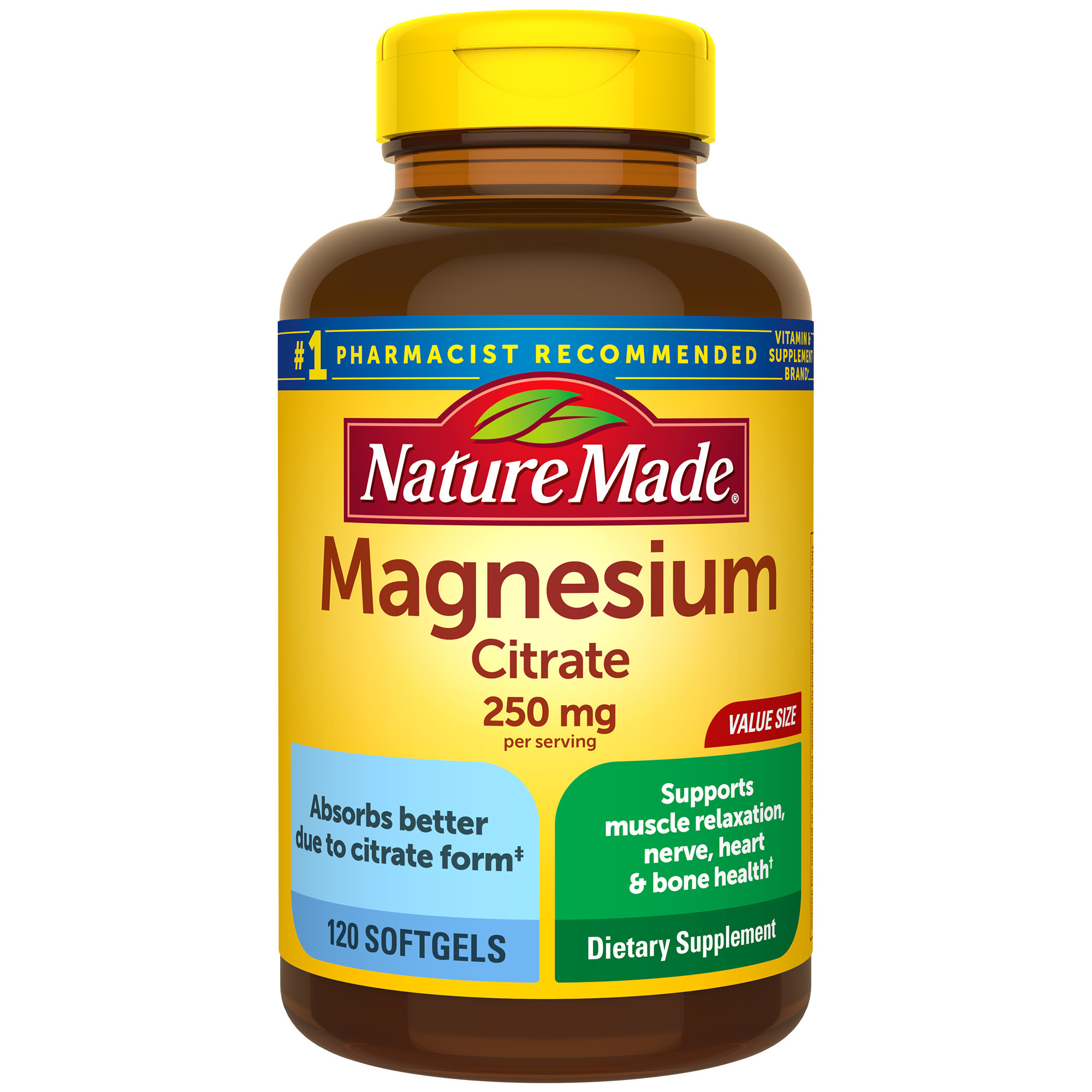)

)

)

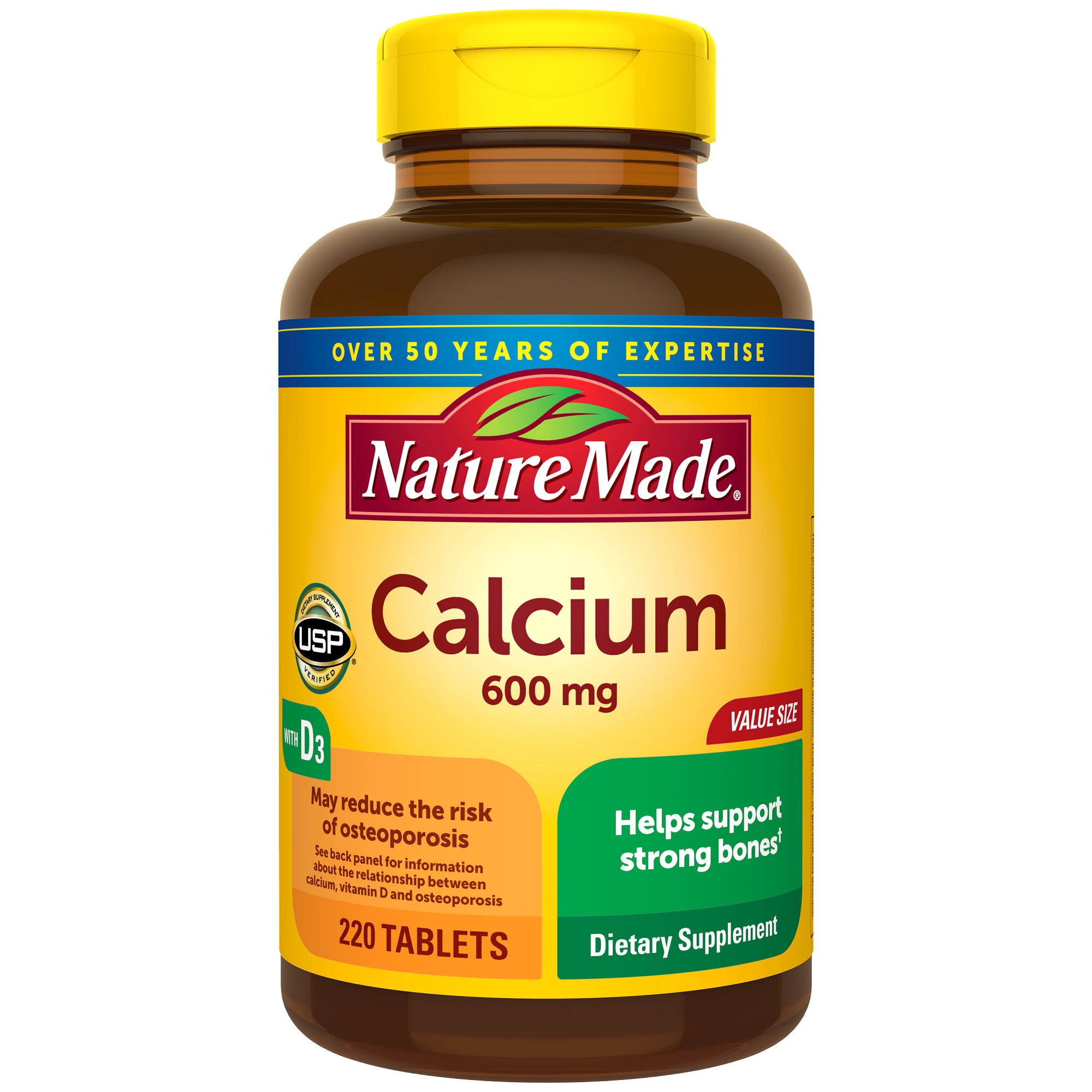)

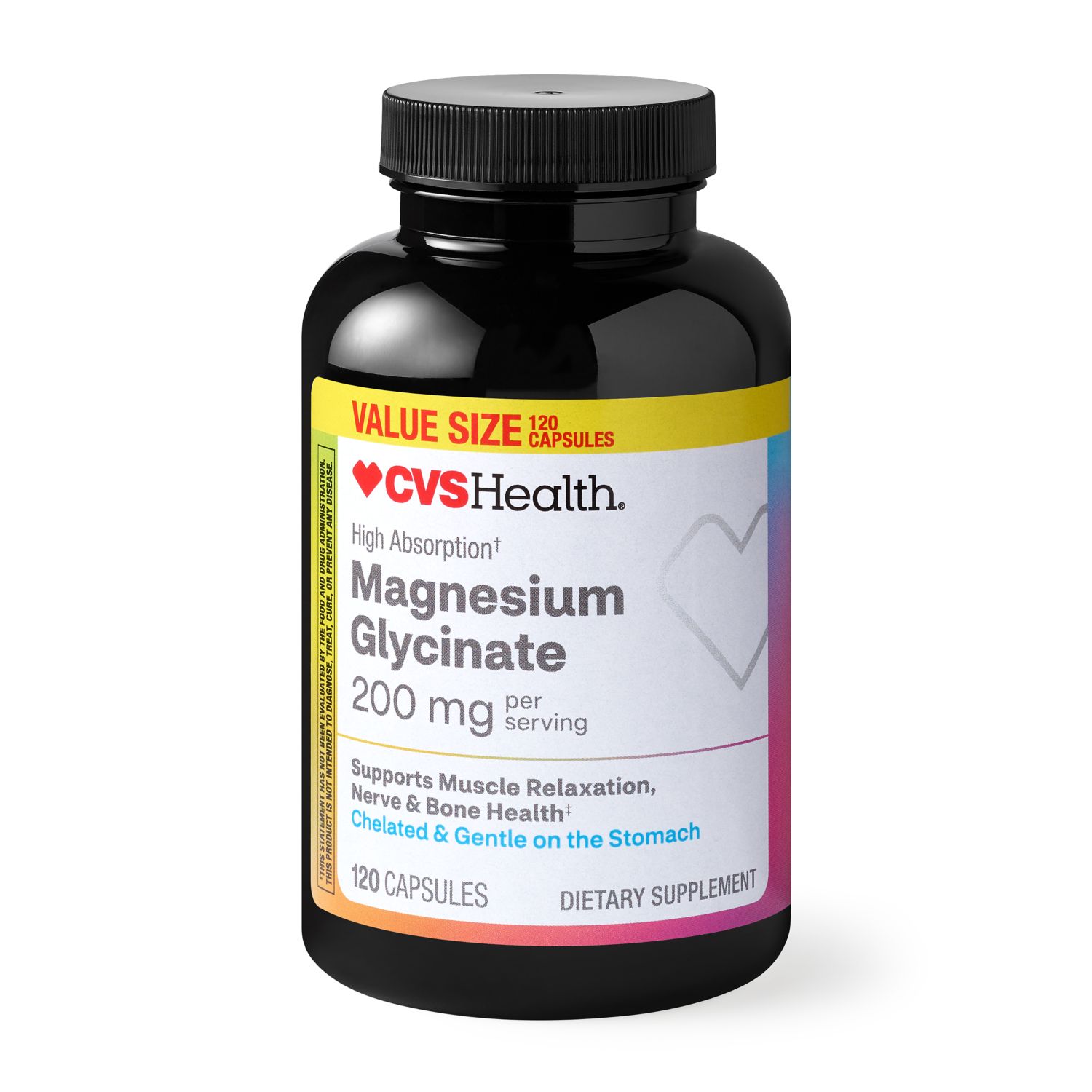)

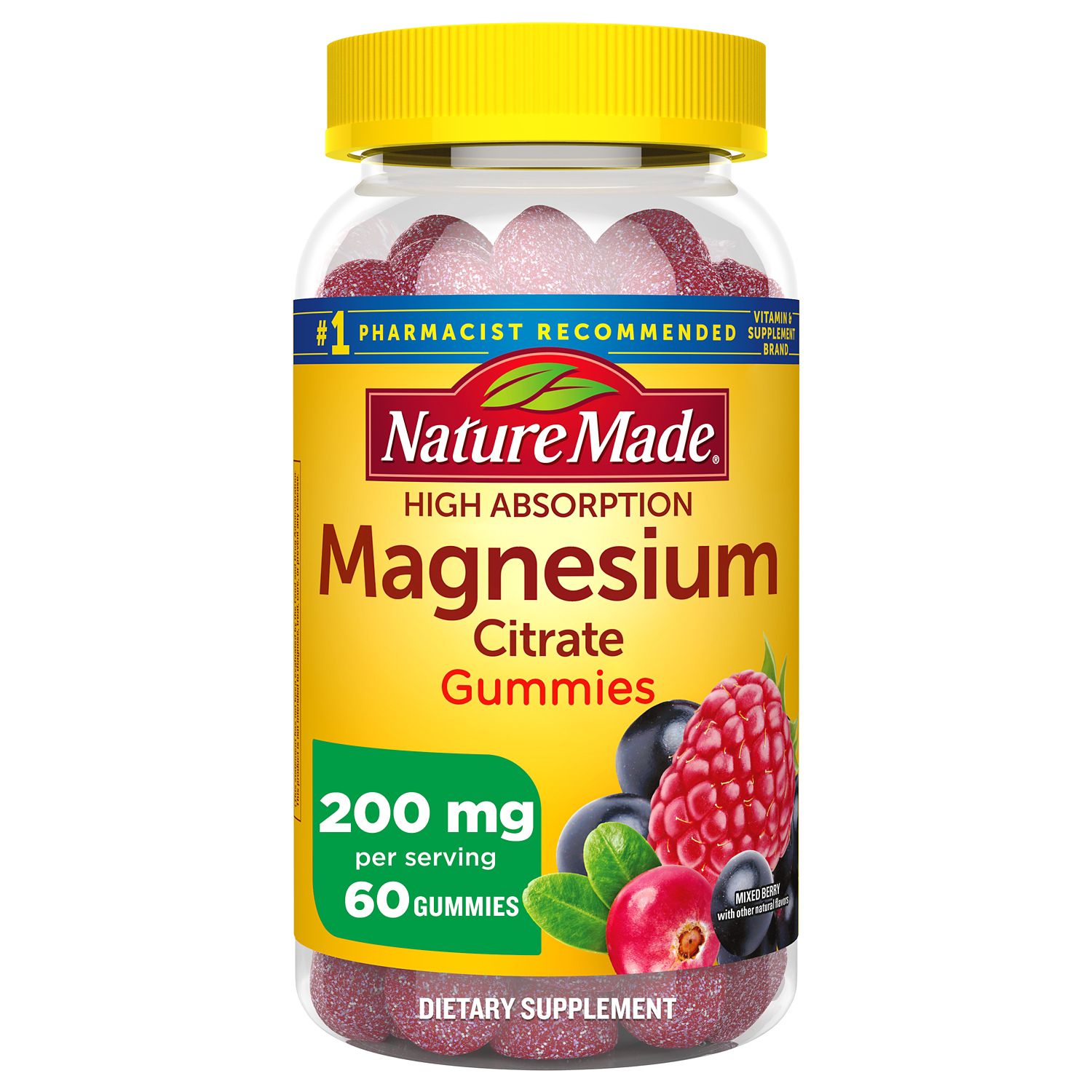)

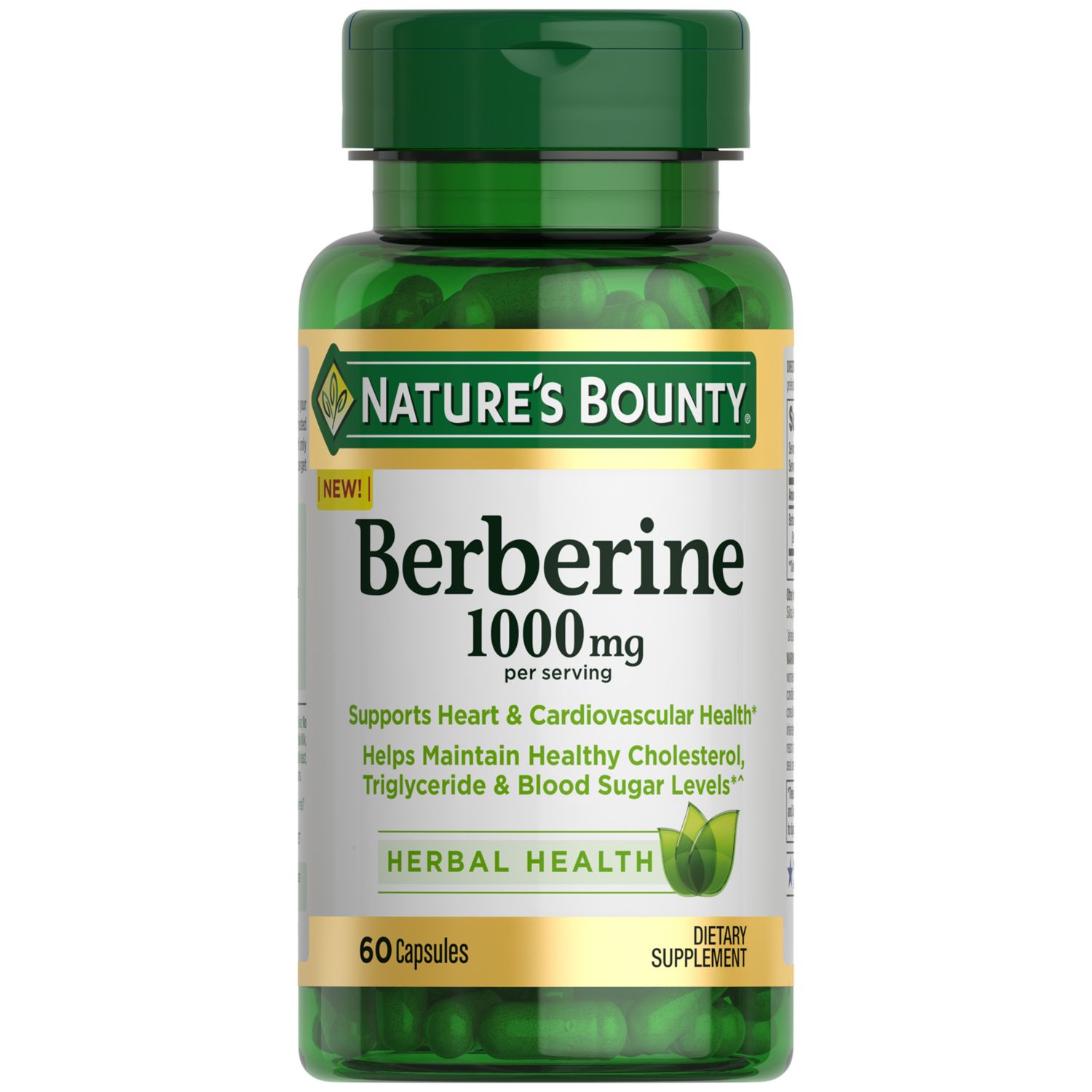)

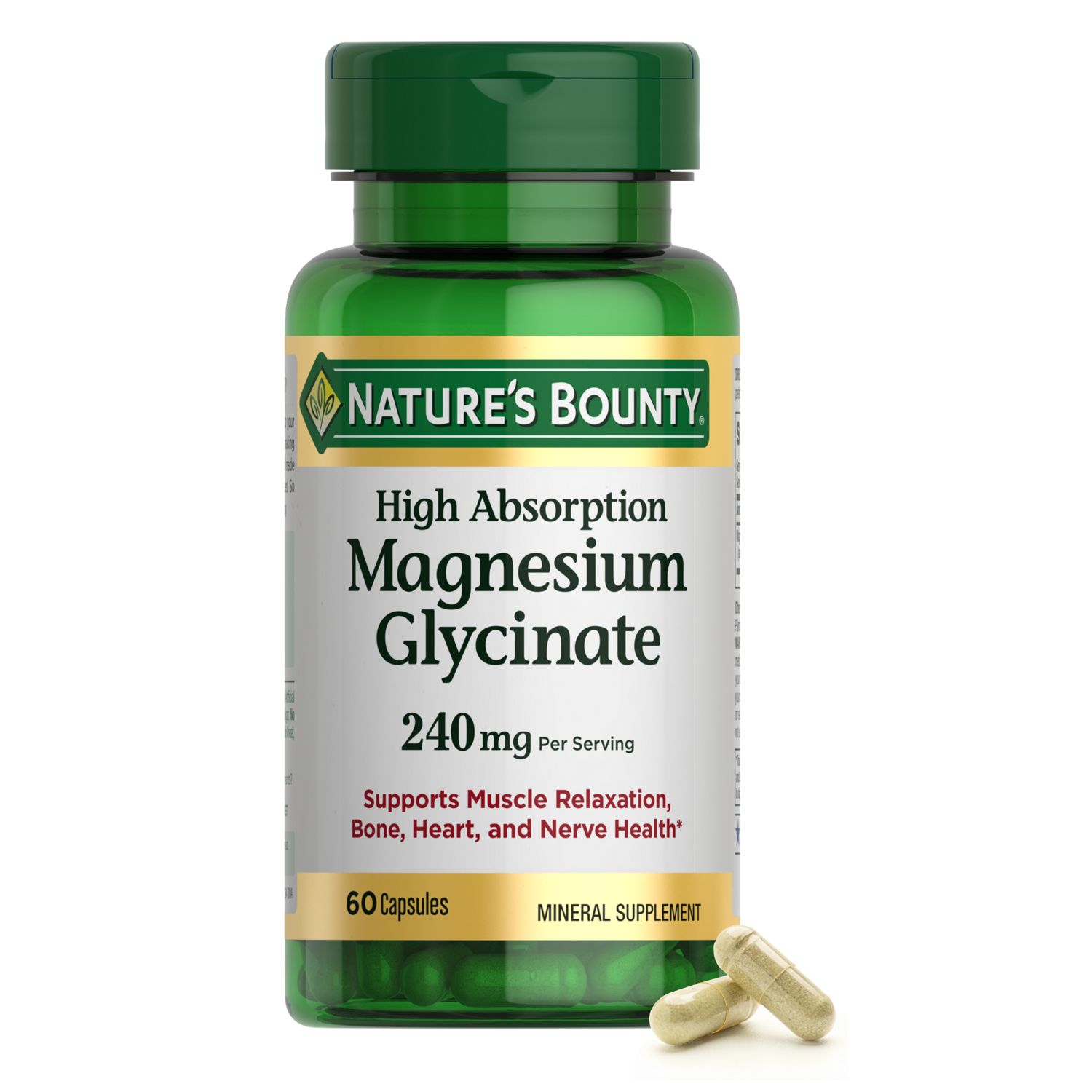)

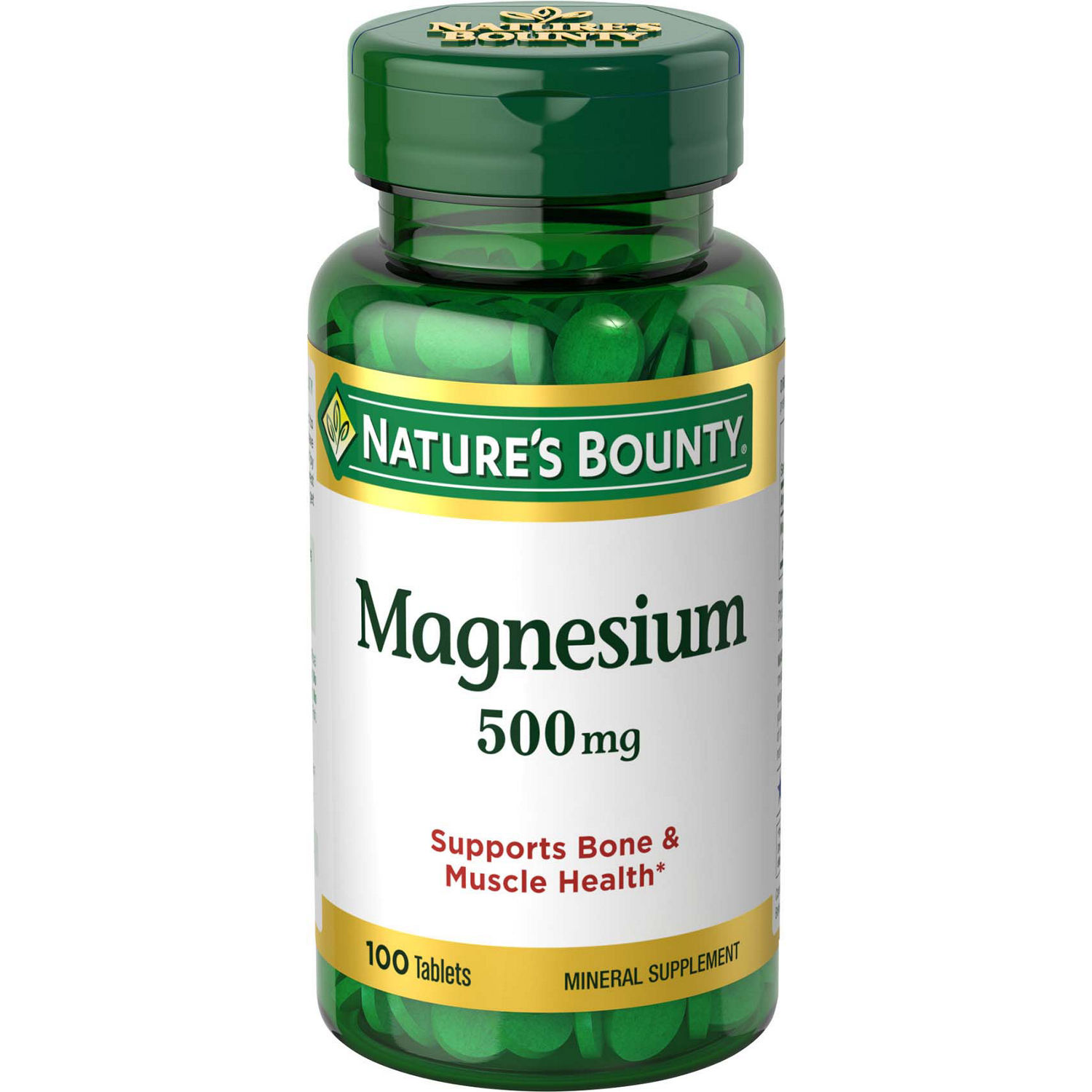)
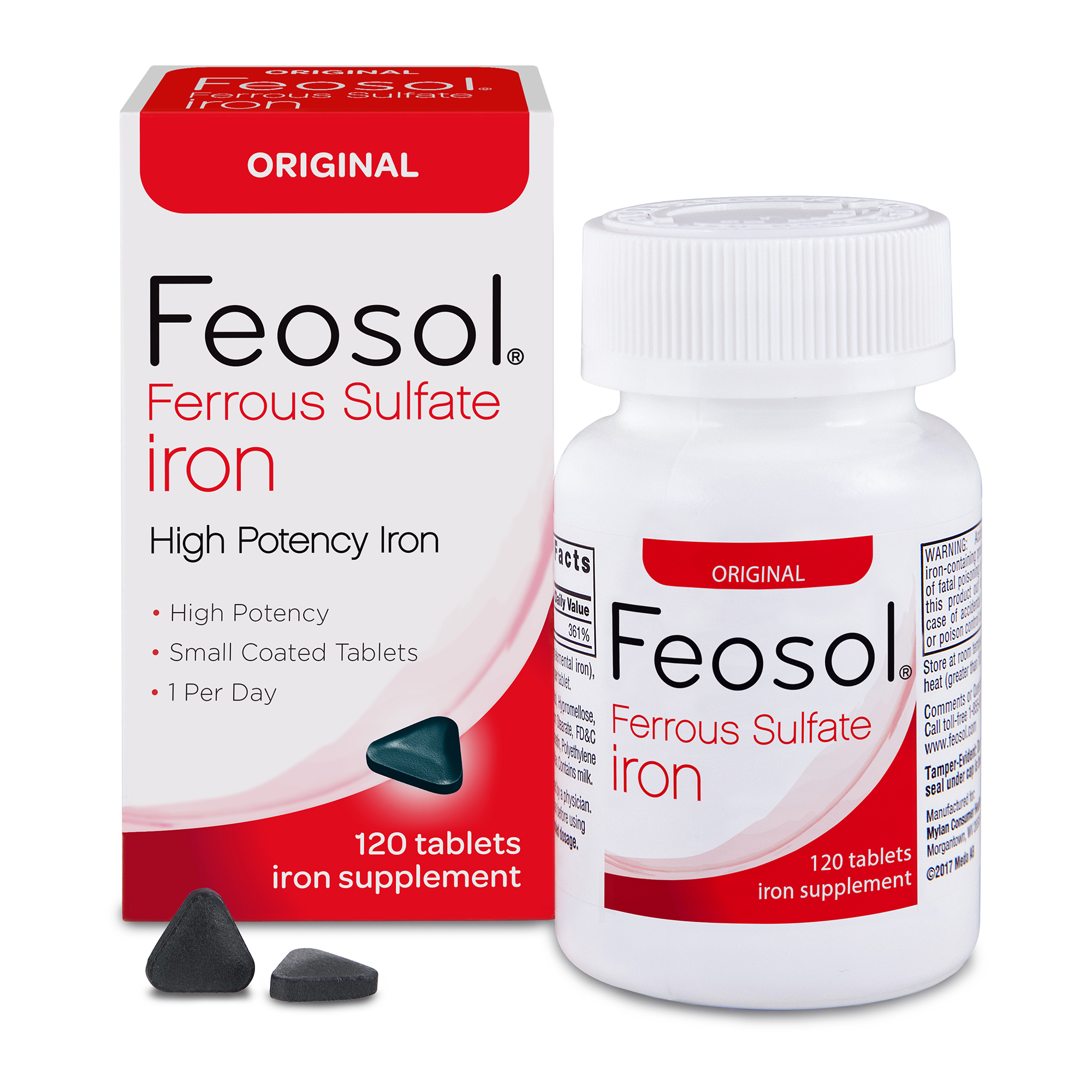)

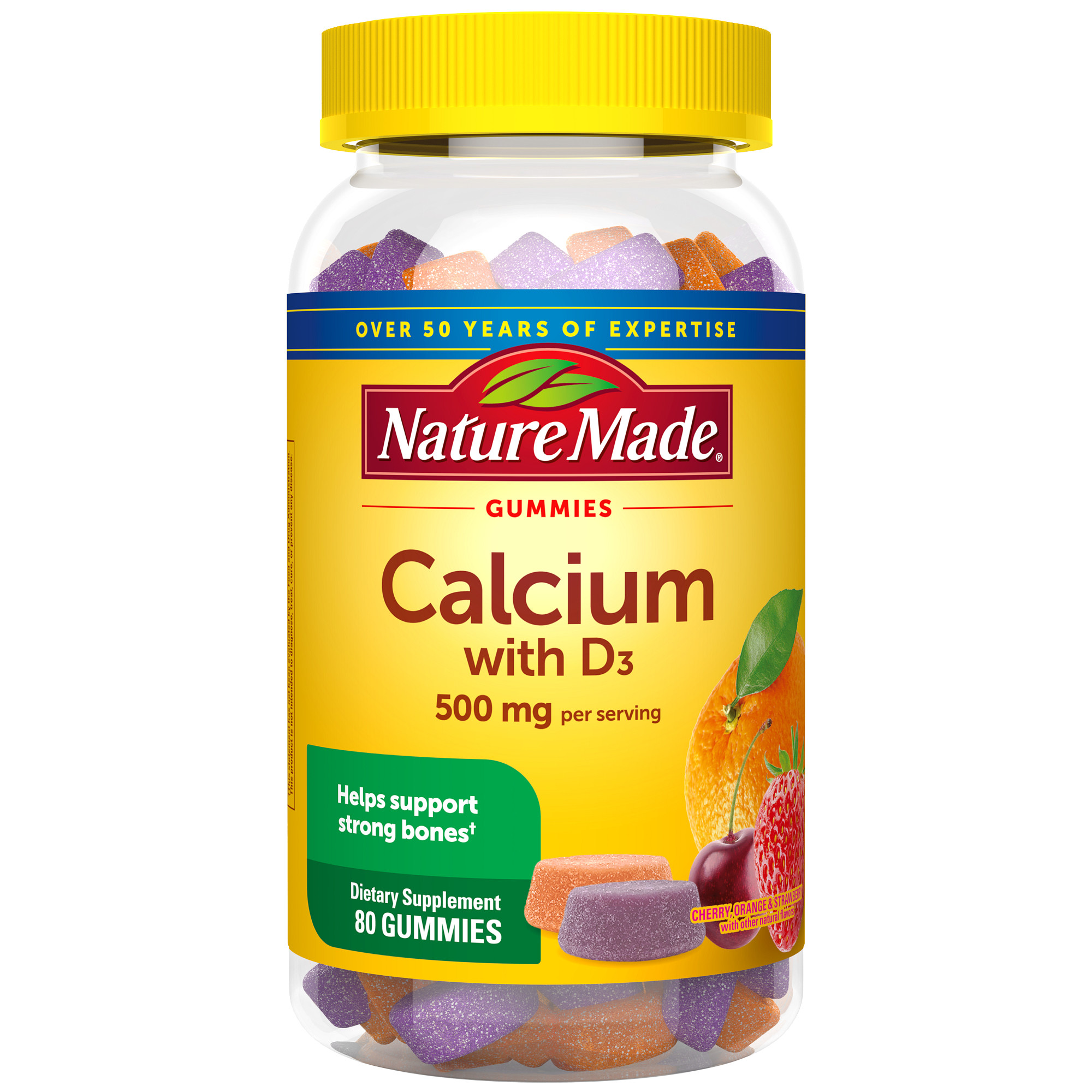)

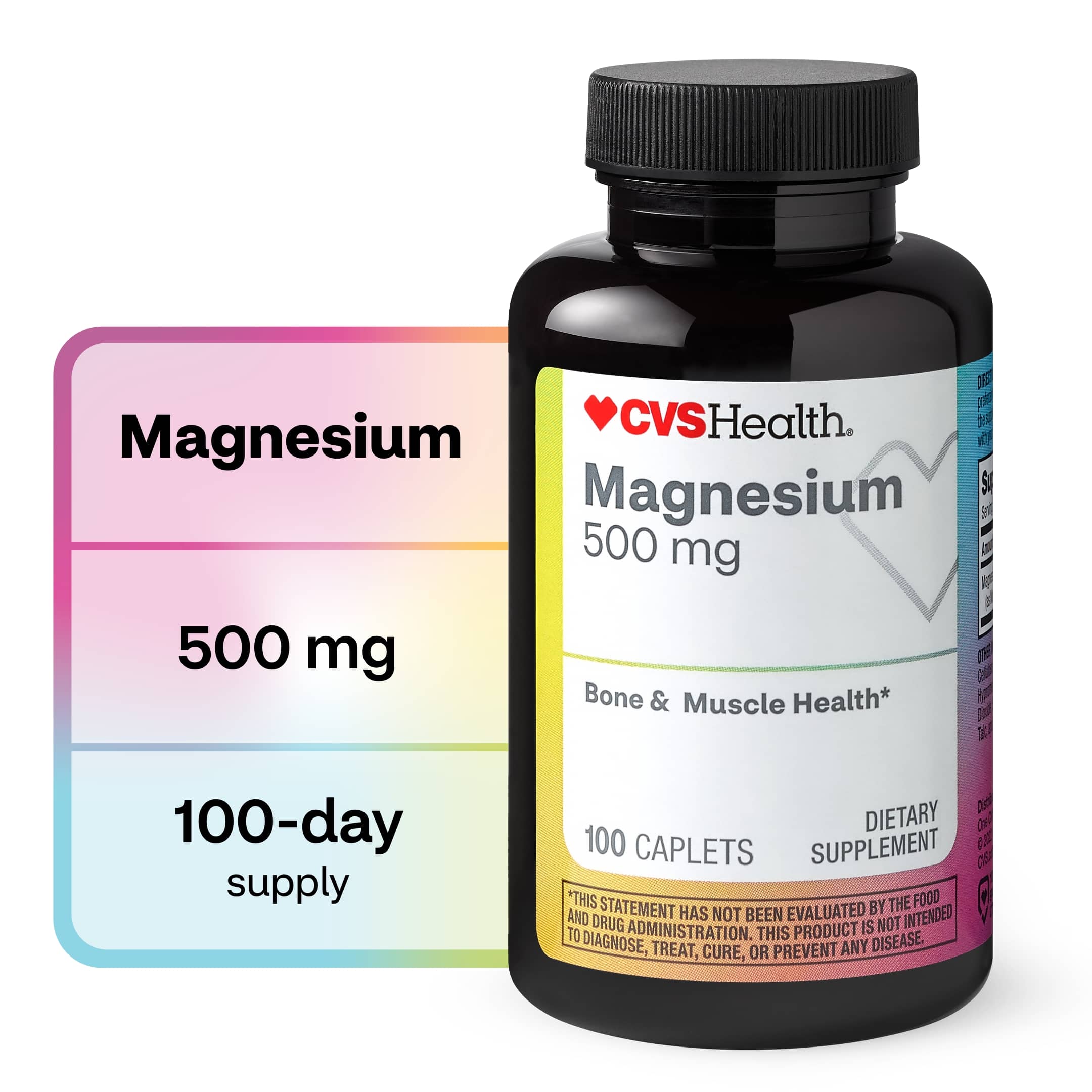)
)

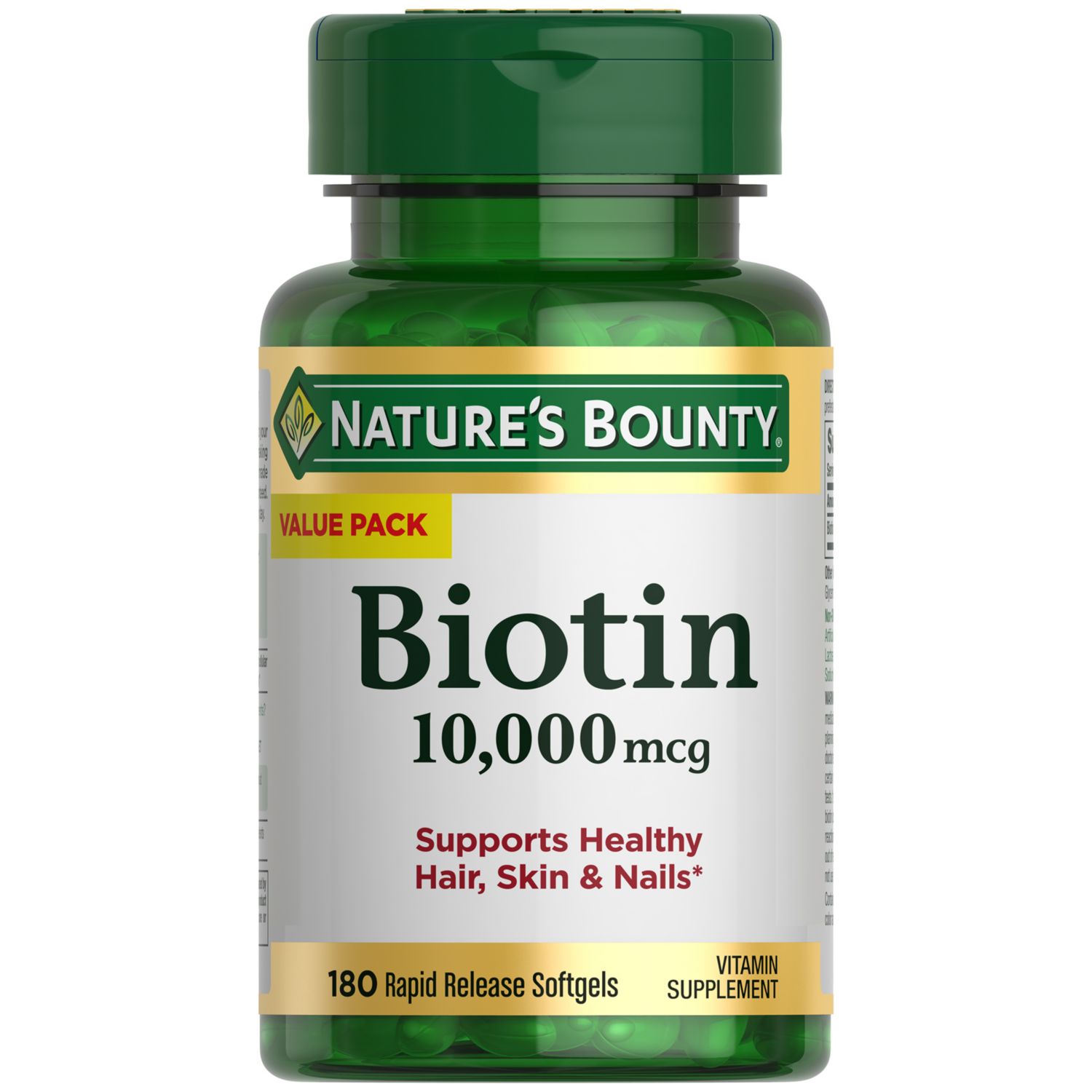)

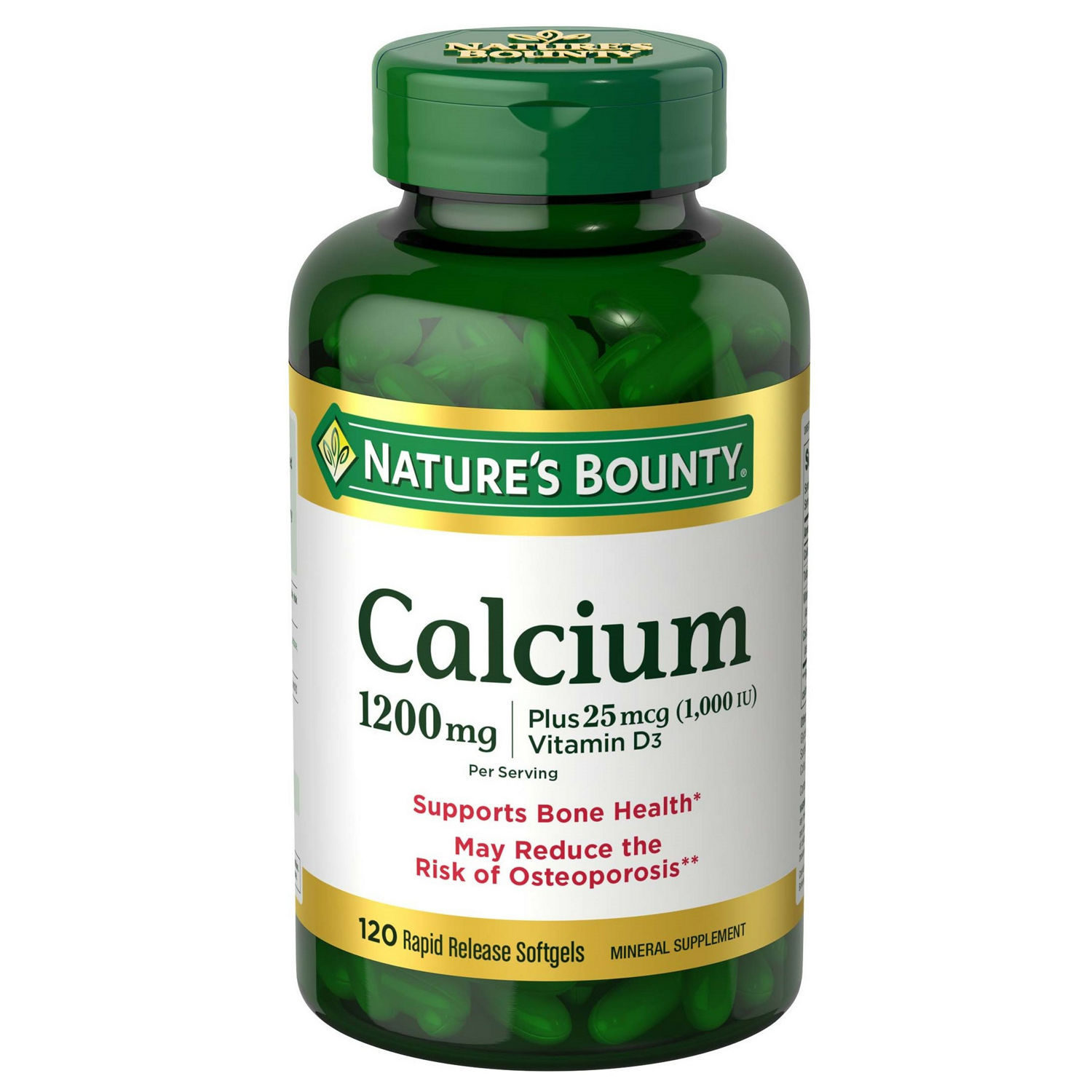)
Shop more vitamins
Mineral Supplements for Bone Health and General Well-Being
Maintain strong bones and perform at your peak with mineral supplements. These convenient products help you add more minerals to your diet, benefiting overall health.
The Power of Essential Minerals
Most people know minerals support bone health, but they're also vital for muscle and nerve function. In fact, many people take magnesium to help prevent muscle cramps and improve endurance. Magnesium and zinc also support a strong immune system, while iron is essential for red blood cell production, and calcium supports heart function.
Minerals have many benefits due to their numerous roles in enzymes and as building blocks and electrolytes. Deficiencies in even one type of mineral can often lead to vague, widespread symptoms, such as fatigue, brittle hair and cramps, because of their importance to your whole body. Fortunately, mineral supplements help ensure adequate intake, even if you can't eat mineral-rich foods such as seafood or dairy.
Filling Nutritional Deficiencies With Mineral Supplements
Worried about inadequate minerals, vitamins and other essential nutrients? Despite the widespread effects of most essential minerals, certain symptoms can still help you identify what you're lacking.
Muscle cramps and spasms are common with a magnesium deficiency, as are heart palpitations. A calcium deficiency often causes cramps, too, but you may also experience weak nails and tingling in your fingers. Iron deficiency leads to fatigue, pale skin, headaches and dizziness, while a lack of zinc may cause loss of taste and smell, slow healing and frequent colds.
Other conditions cause similar symptoms to mineral deficiencies, so having one or more of these symptoms doesn't always mean you're deficient. It's also perfectly normal to feel tired sometimes or to get the occasional cramp, even with adequate nutrition.
Minerals vs. Multivitamins
Mineral supplements may be helpful even if you take a multivitamin. Although multivitamins typically contain a small amount of certain minerals, they generally prioritize other nutrients such as vitamins A, B and C.
The type of multivitamin is also a factor in deciding whether you need additional minerals. Multivitamins for men often contain more zinc to support prostate health and testosterone production. In contrast, multivitamins for women feature more iron to support menstruation. Multivitamins for adults aged 50-plus also differ by having more calcium to help slow bone loss.
Looking at your diet can help you identify whether anything is still missing. However, you could also discuss any deficiency symptoms or concerns with your doctor, who can run blood tests to check.
*This statement has not been evaluated by the Food and Drug Administration. This product is not intended to diagnose, treat, cure, or prevent any disease.
Related Searches
Citracal , calcium chewables, magnesium benefits